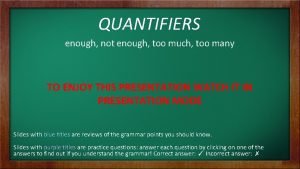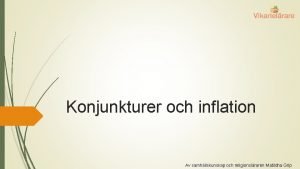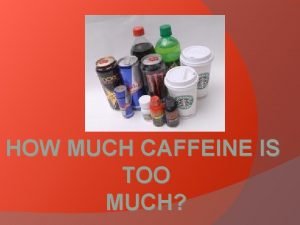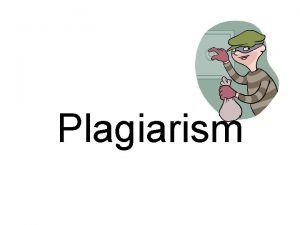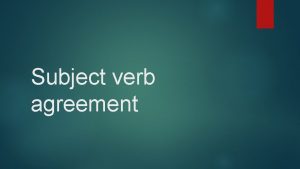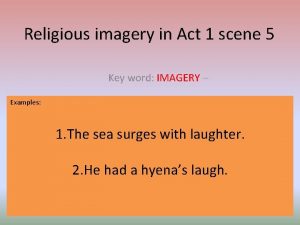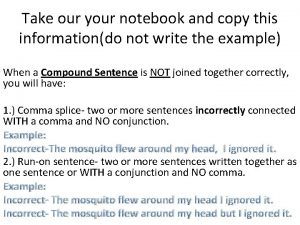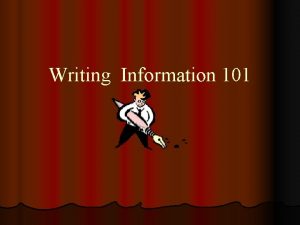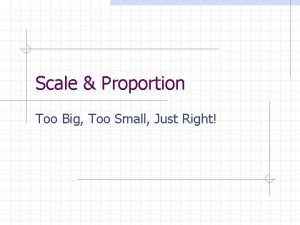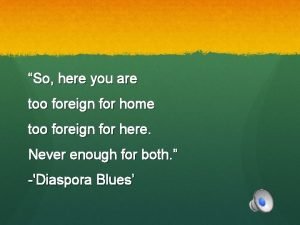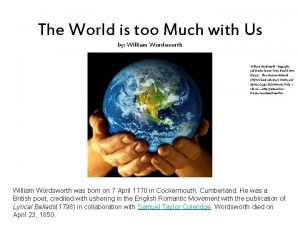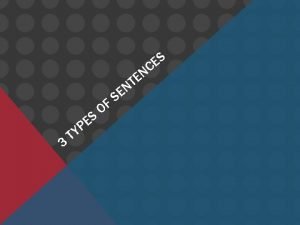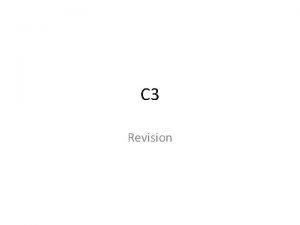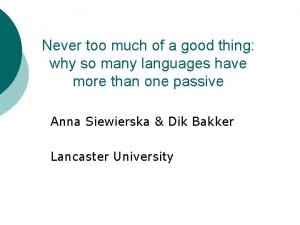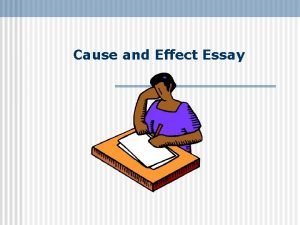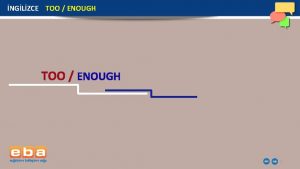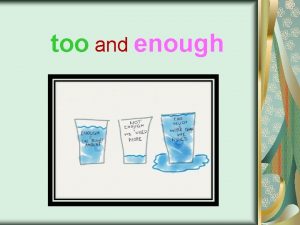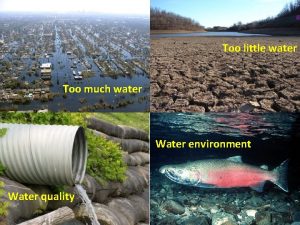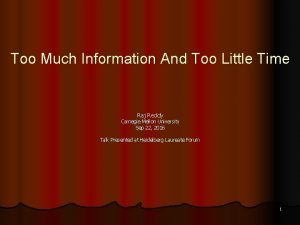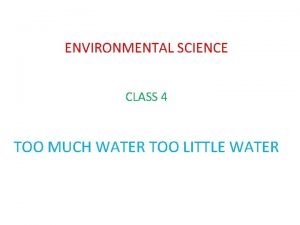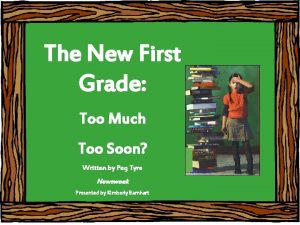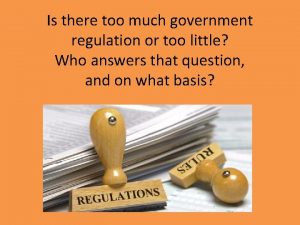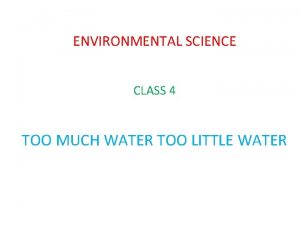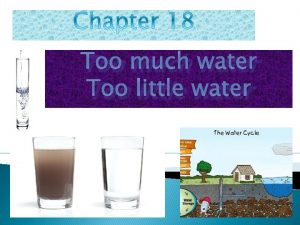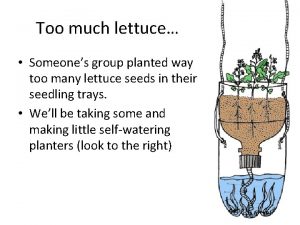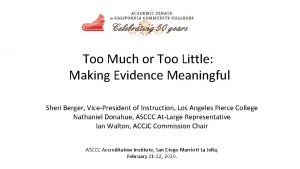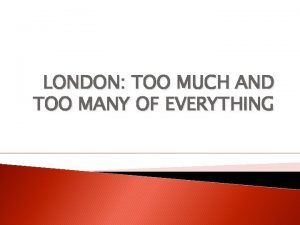SPORTS Copy Writing Too much sports Your sports
























- Slides: 24

SPORTS Copy Writing

Too much sports? �Your sports section should comprise no more than 18% of your yearbook. �only 35 -40% of your student body is involved in athletics in some way, shape or form. �you need to make very sure that both genders receive equal coverage.

It’s more than just the games and matches � Coverage of sports needs to be more than just coverage of contests. � If you ask any ex-football player what he remembers most about high school football, he will probably say it was “Hell Week” or “Daily Doubles. ” That week at the start of the season when they have two practices a day in the hot August sun. � Yet 85% of yearbooks don’t cover practice. They don’t cover half-times.

What are the two ways to write copy? 1. Develop the lead and then with the body of the copy, emphasize the five W’s and H; 2. Develop the lead and alternate transitions and quotes.

What is a lead-body-conclusion approach? The lead-body-conclusion approach emphasizes facts over quotes. �Lead: A short paragraph that captures reader interest and promotes a unique angle; �Body: the five W’s and H and supported by quotes; �Conclusion: summary paragraph that refers back to lead.

What is a lead-quote-transition approach? The lead-quote-transition model emphasizes great quotes, using sources’ words to drive the direction of the story. � Lead: Obvious introduction � Quote: Sets tone of the story and humanizes the subject � Transition: Bridges quotes and provides new facts � Conclusion: Leaves reader with a sense of closure

Examples of leads: • Astonisher: Presents an unexpected image. For example – You may be dead tomorrow. • Background: When background information is more important than the individuals who participated in an event, begin with this information. For example – For the past seven years, Stu. Co has hosted a canned food drive. • Exclamatory: Similar to a caption lead-in, an exclamatory lead works like another headline, drawing the reader into the story. For example – State Champions!

Examples of leads: • Quotation: If you have an amazing quote that introduces the topic and is selfcontained and self-explanatory, a quote can be an enticing lead. • Question: For example – Are you feeling incurably lazy? • Descriptive: A descriptive lead uses strong verbs and specific nouns to paint a picture and set a scene. • Contrast: A lead that presents the contrast between two things that is sharp and vivid. For example – Last year’s losing season and this year’s state championship, can create a sharp and vivid lead.

Transition words: � Show time: then, meanwhile, shortly, thereafter, afterward, now, later, all this time, at last, finally, first, while, beyond, next, again � Cite examples: for instance, thus, for example, to illustrate, in fact � Indicate emphasis: in particular, in addition to, furthermore, therefore, indeed, still, nearly. � Show viewpoint: however, nevertheless, in another way, in contrast, in general, not only, in other words, on the contrary

�Avoid the term varsity. The flagship entity, whether organization or position, does not need modification. Only lesser entities need clarification. � Capitalize JV team but not freshmen. We do not capitalize generic names such as high school and freshmen, but we capitalize letters used in place of words. We capitalize TV, but not television. We capitalize CD, I and T-shirt. As we use the initials JV to stand for the words, junior varsity, we capitalize JV.

� Bring readers a face. Notice who draws your attention, who makes you interested in attending the next game or walking to the other end of the field to keep up. Talk to that player. Ask other people (coaches, players, fans) about that player until you find a story different from any sports story you have ever heard. Every team has such stories.

• People tell you they want less copy in their yearbook • What is the first thing they do when they get their yearbook? • They write in it!

• Stop writing in English • Write in STUDENT. • Not slang! • It’s the way you talk

The Best thing you can do is… BS That’s Brain Storm A reverse press conference

• Get together a group of people that have experienced the same event or activity! • Do a group interview. • Be QUIET and LISTEN!

What was the ______ thing to happen during ______? The first blank is a superlative; happiest, craziest, saddest, most embarrassing. The second is the name of the activity.

What do you think you will remember most about ________ in ten years? The blank is the name of the activity.

If you could change one thing about ______, what would it be? The blank is the name of the activity.

Stop writing Facts Write Memories

Sports – Tell me a story about. . . �Being on the bottom of the football pileup �The closest score you overcame �Losing an important game �Riding in the athletes’ bus to an away game �Running in bad weather �Crossing the finish line second �Overcoming a physical challenge �The worst competition you have in your conference �Your best friend on your team �How the coach motivates you on the field

“Thirty-nine talkative cross country members held their chatter momentarily as thirdyear coach Ryan Colburn stood before them with the awards. ” A well-written lead begins the story with strength and purpose and helps establish the angle for the piece. A carefully constructed first paragraph allows the rest of the story to fall into place and actually makes it easier to write.



 Kahoot too enough
Kahoot too enough Högkonjuktur inflation
Högkonjuktur inflation How much caffeine in a snickers bar
How much caffeine in a snickers bar How much is too much plagiarism
How much is too much plagiarism Romeo and juliet shared sonnet
Romeo and juliet shared sonnet Margo and her parents (visit-visits) each other often
Margo and her parents (visit-visits) each other often Unworthiest
Unworthiest Copy into your notebook
Copy into your notebook Too broad and too narrow examples
Too broad and too narrow examples Not too broad and not too narrow
Not too broad and not too narrow Too broad and too narrow examples
Too broad and too narrow examples Too broad and too narrow examples
Too broad and too narrow examples Too big too small just right
Too big too small just right So here you are too foreign for home
So here you are too foreign for home Too anointed to be disappointed
Too anointed to be disappointed So might i standing on this pleasant lea
So might i standing on this pleasant lea The world is too much with us themes
The world is too much with us themes Figurative language in the world is too much with us
Figurative language in the world is too much with us Megan and ron ate too much and felt sick
Megan and ron ate too much and felt sick Cryptinject
Cryptinject Basic principles of the bitewing technique include the
Basic principles of the bitewing technique include the Too much salt
Too much salt Never too much of a good thing
Never too much of a good thing Cause and effect conclusion
Cause and effect conclusion How to get nitrogen in soil
How to get nitrogen in soil
